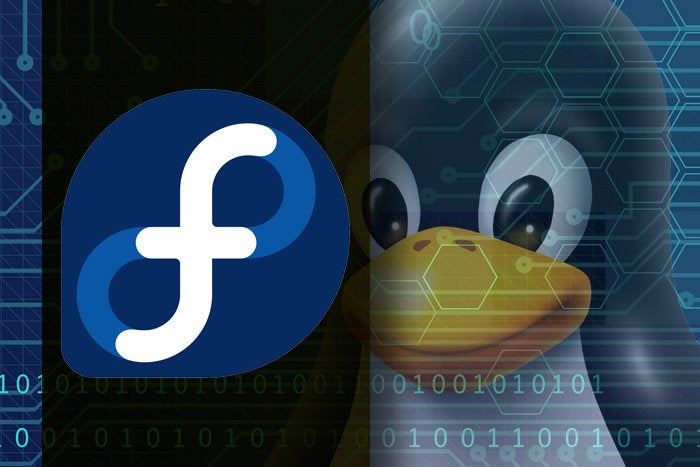What’s new in Fedora Linux 27
What’s new in Fedora Linux 27
The newest version of Red Hat’s user-orieted Linux distro improves modularity to ease updates, refreshes the software development tools, and ends alpha releases

Fedora 27, the latest version of the Red Hat-sponsored Linux project that serves both as a user distribution and as a proving ground for new ideas in Red Hat Enterprise Linux, is set to arrive this week or next.
The most important additions and changes in Fedora 27 include:
- Greater modularization of the underlying system.
- The latest versions of popular languages and system components.
- Broader use of Flatpak software packaging for desktop apps.
- Fedora alpha releases discontinued.
New Fedora features
Fedora 26 introduced the concept of modularity to Fedora. To paraphrase Fedora’s own description, the modularity project is an attempt to separate the life cycles of the applications in a distribution from both each other and the distribution itself. Users need to be able to upgrade to the most recent version of both an application stack, but also retain earlier versions of individual pieces of that stack for backward compatibility (such as Python 3.x versus Python 2.x).
Previous versions of Fedora had each software component—this database, that language runtime—as a discrete package. Modularity groups those packages into modules—this database with this core database application and that library—and lets each module be installed and run separately. Modules also have their own versioning and life cycles, so users can deploy both cutting-edge and more conservative editions of app stacks side by side. It takes some manual work to convert packages into modules, but one of the goals of Fedora going forward will be to automate as much of the process as possible.
Most of the work done in this vein in the last version of Fedora came via the experimental Boltron project. Fedora 27 promotes that work into the mainline Fedora Server Edition product, so that regular desktop users can benefit from modules, too.


0 Comments:
Post a Comment
Subscribe to Post Comments [Atom]
<< Home